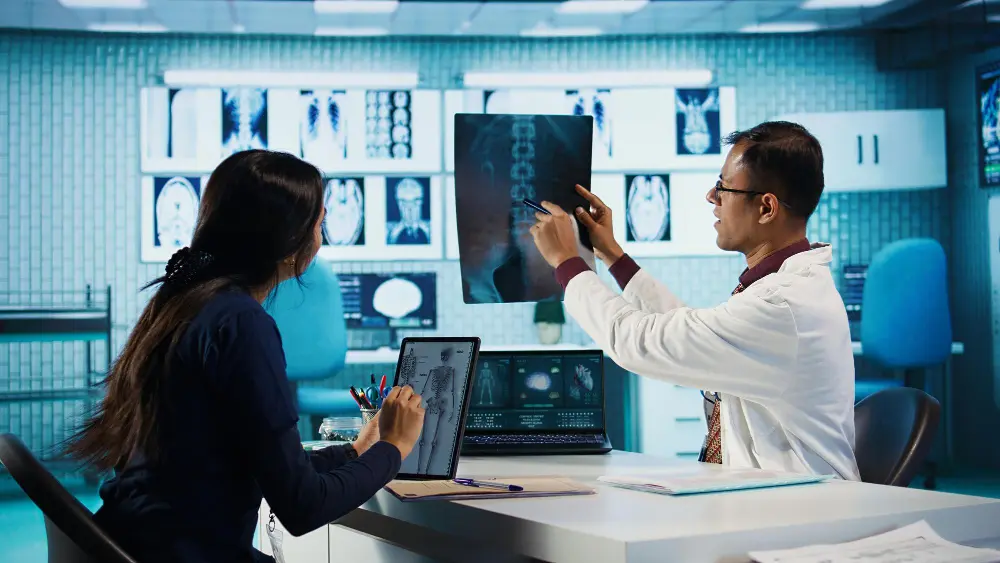Advanced CT Scan | Accurate Diagnostic Imaging
Get precise and safe CT scan services with advanced imaging technology and expert radiologists. Detect internal injuries, tumors, and abnormalities early for accurate diagnosis and effective treatment.
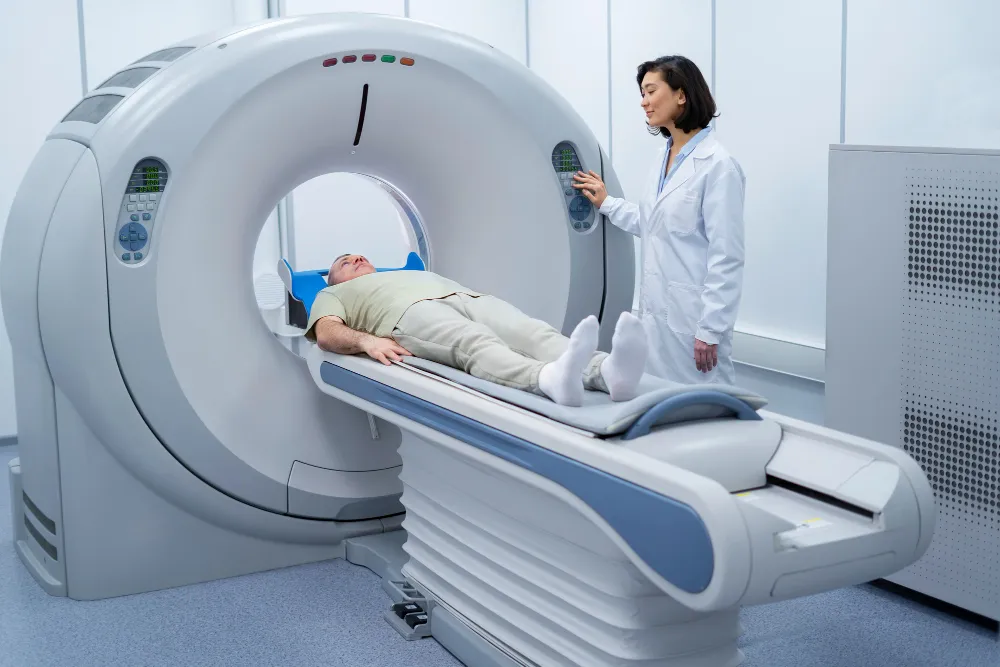
CT Scan
A CT Scan (Computed Tomography Scan) is a modern imaging technique that provides highly detailed cross-sectional images of the body’s internal organs, bones, and tissues. Unlike a regular X-ray, which shows only a single flat image, a CT scan uses advanced computer technology and rotating X-ray machines to produce 3D views of the inside of the body. This allows doctors to see deeper and diagnose problems with greater precision and accuracy. At VS Hospitals, Chennai, the Radiology and Imaging Department is equipped with advanced multi-slice CT scanners that deliver faster, clearer, and safer imaging results. The hospital’s radiologists and technicians are trained to perform high-resolution scans that help in diagnosing everything from brain and chest conditions to abdominal and orthopedic problems.
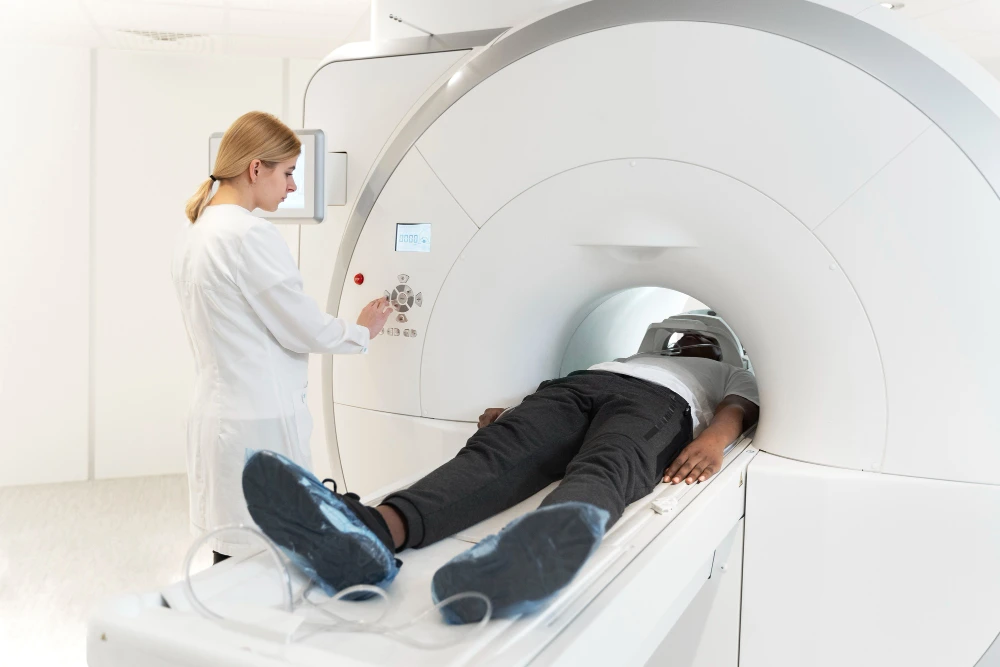
24
The reports and images of the CT scan are usually made available within 24 hours
2.7% - 12%
The risk of radiations is higher (2.7% - 12%) for patients who undergo multiple CT scans
5 – 9
5 – 9 million patients take CT scans annually
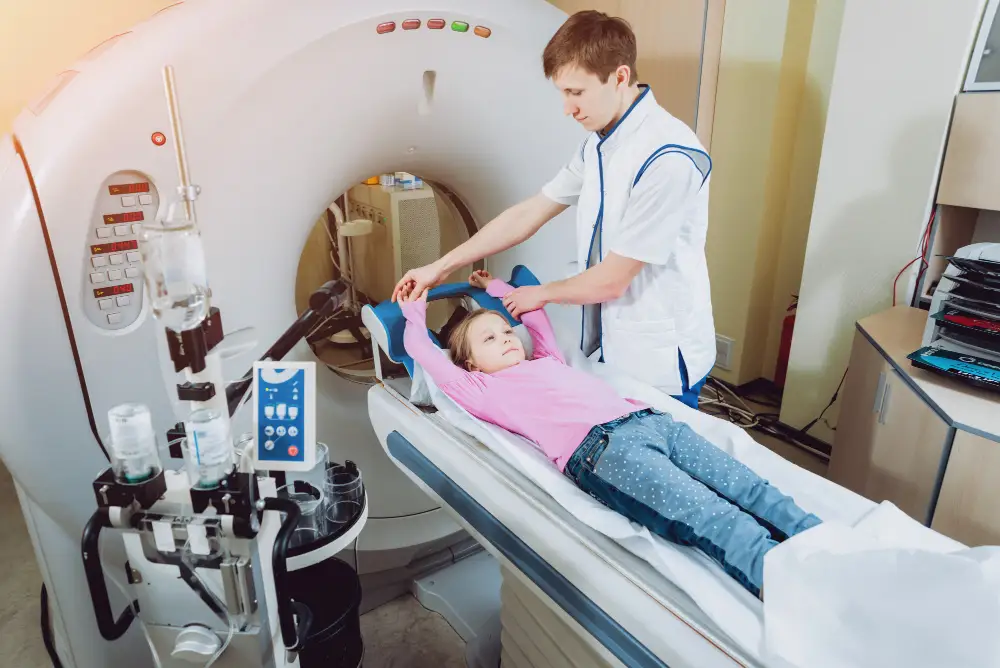
How a CT Scan Works
A CT scanner is shaped like a large donut, with an X-ray tube that rotates around the patient. As the scanner takes multiple images from different angles, a computer combines them to create detailed 3D pictures. These images give doctors a comprehensive view of internal structures that cannot be seen clearly on regular X-rays.
The procedure is quick, painless, and non-invasive. Depending on the area being scanned, a contrast dye may be injected into the bloodstream or swallowed to highlight specific organs or blood vessels.
Why CT Scans Are Done
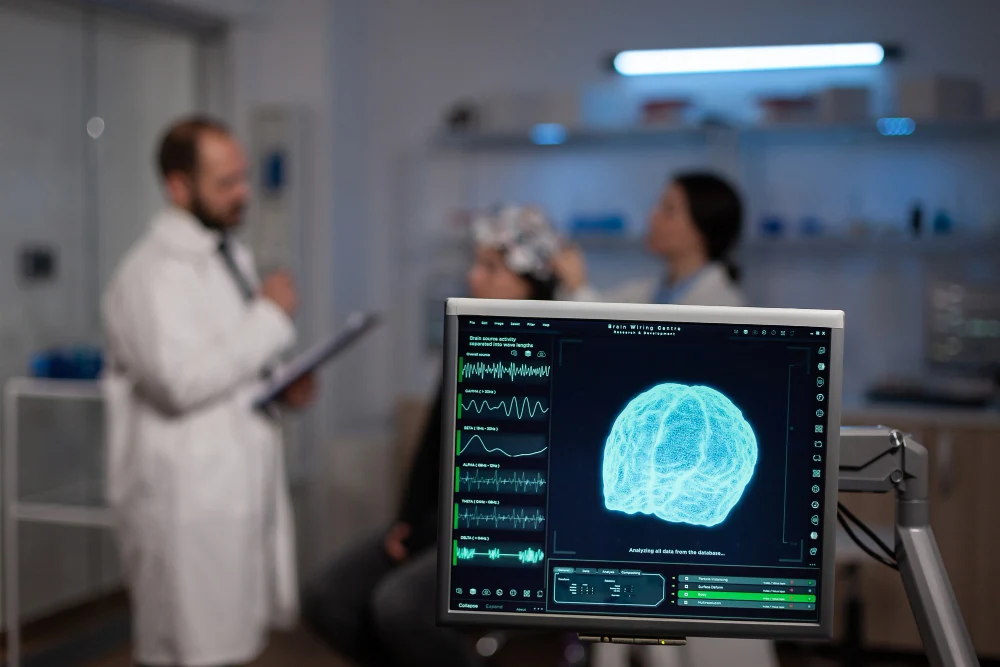
Head and Brain Scans
To detect strokes, tumors, bleeding, or injuries.
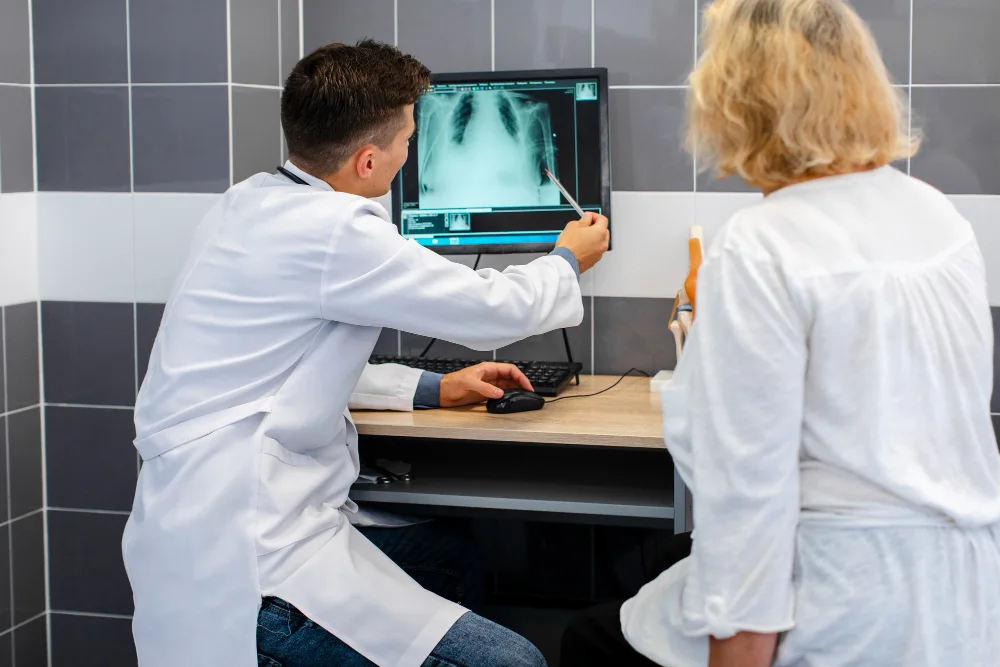
Chest Scans
To identify lung infections, pulmonary embolism, or heart and vascular conditions.
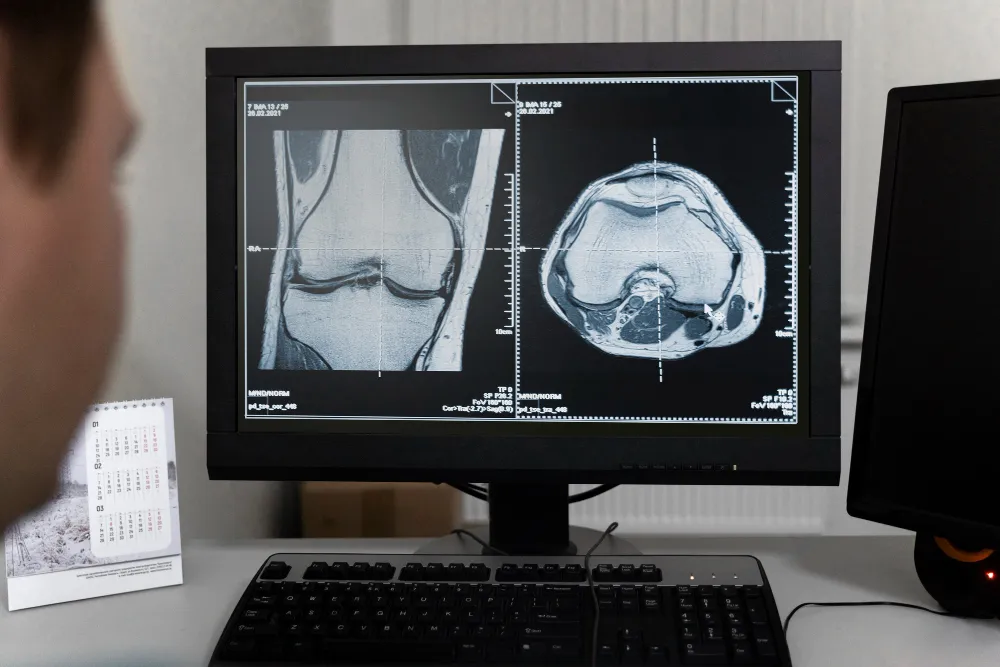
Abdomen and Pelvis Scans
To examine organs like the liver, pancreas, kidneys, bladder, and intestines.
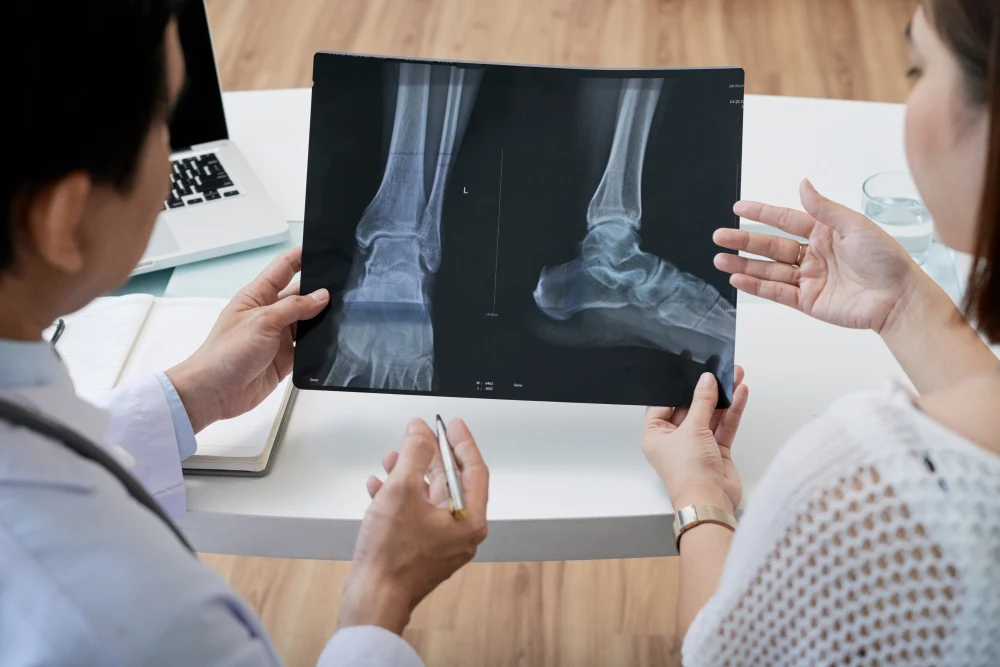
Bone and Joint Scans
To locate fractures, infections, or bone tumors.
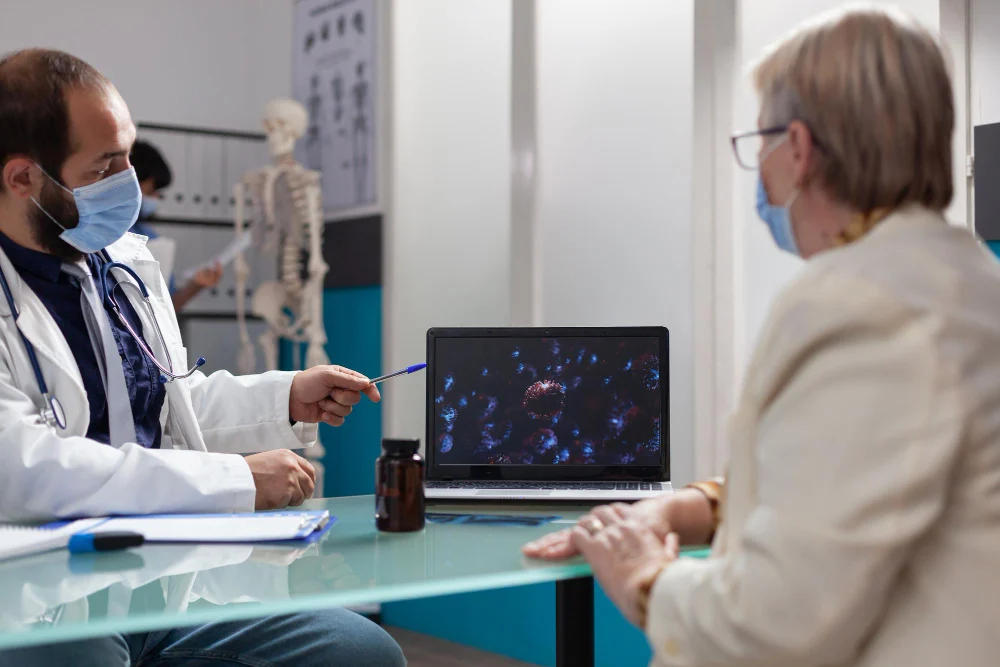
Cancer Detection and Monitoring
To find tumors, determine their size, and track response to treatment.
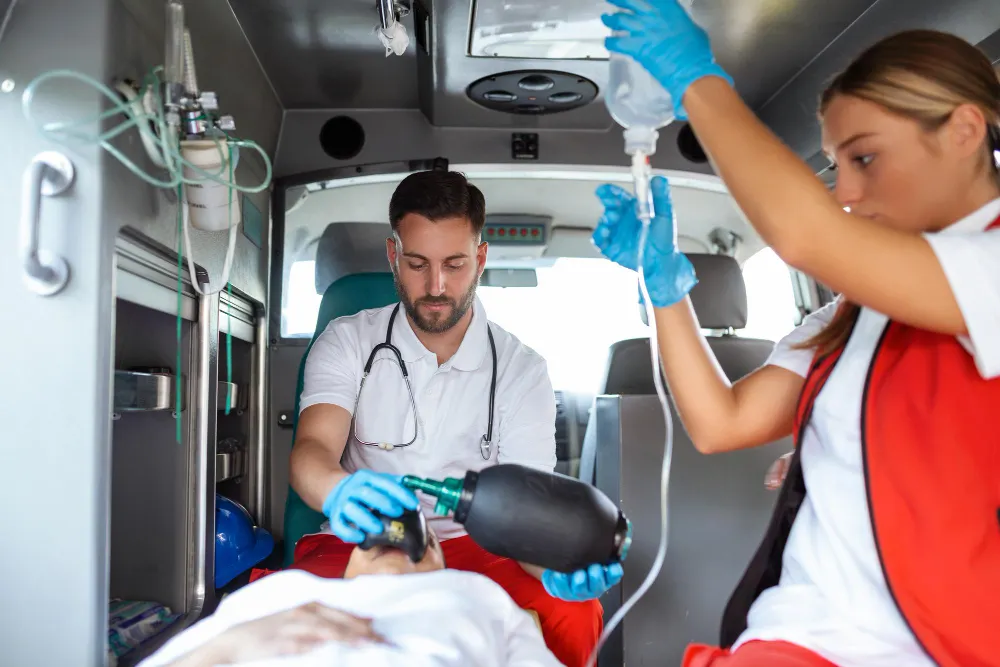
Trauma and Emergency Care
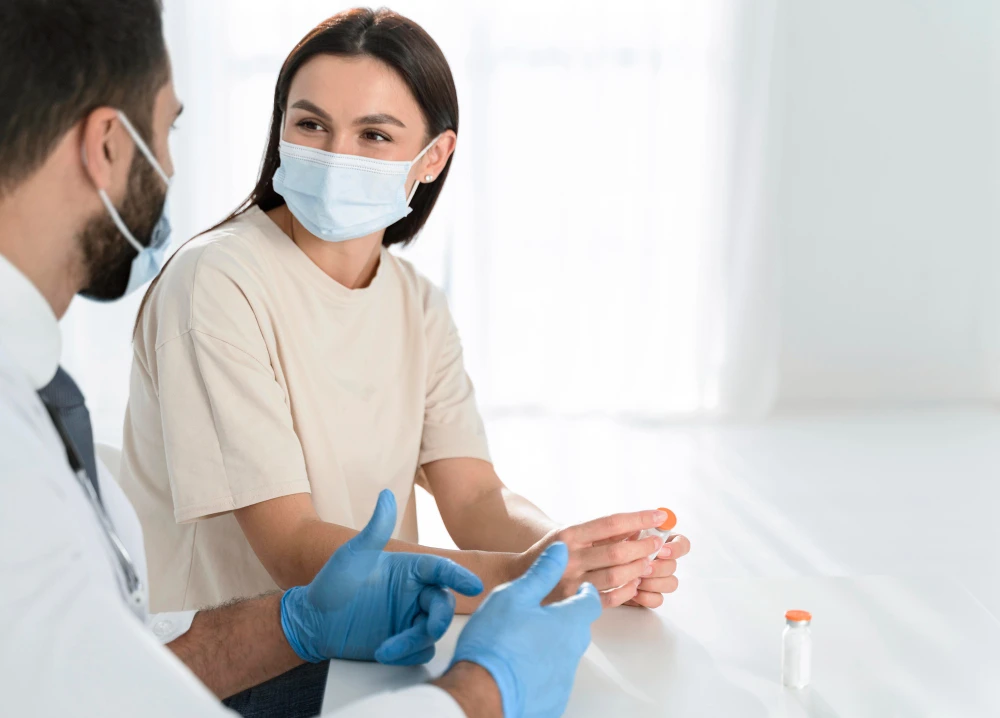
Guided Procedures
Helps doctors accurately perform biopsies or drain abscesses.
Benefits of CT Scan
High Accuracy
Provides sharper, clearer, and more detailed images than traditional X-rays.
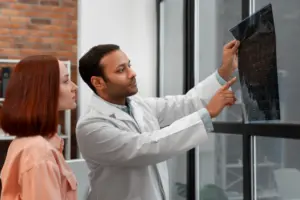
Quick Results
Most scans are completed within 10–15 minutes.
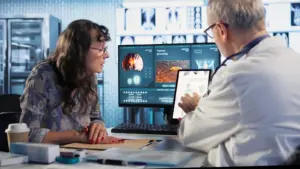
Painless and Non-Invasive
Safe and comfortable for patients of all ages.
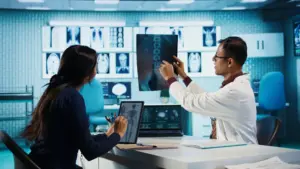
Early Detection
Identifies diseases at early stages for better treatment outcomes.
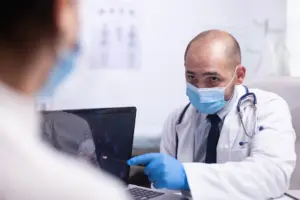
3D Visualization
Helps surgeons plan complex surgeries precisely.
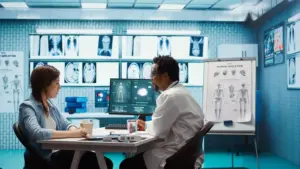
Guided Therapy
Assists in minimally invasive treatments and biopsies.
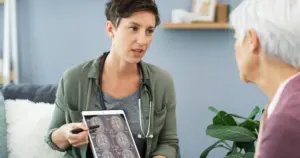

Preparation Before a CT Scan
Preparation depends on the type of scan being performed.
Common Guidelines:
- You may be asked to avoid eating or drinking for a few hours before the scan, especially if a contrast dye is used.
- Remove jewelry, eyeglasses, and metal objects that might interfere with imaging.
- Inform the radiologist if you are pregnant, allergic to iodine, or have kidney problems.
- For abdominal scans, a contrast liquid may be given to drink before the test.
The staff at VS Hospitals ensures patients are fully informed and comfortable before and during the procedure.
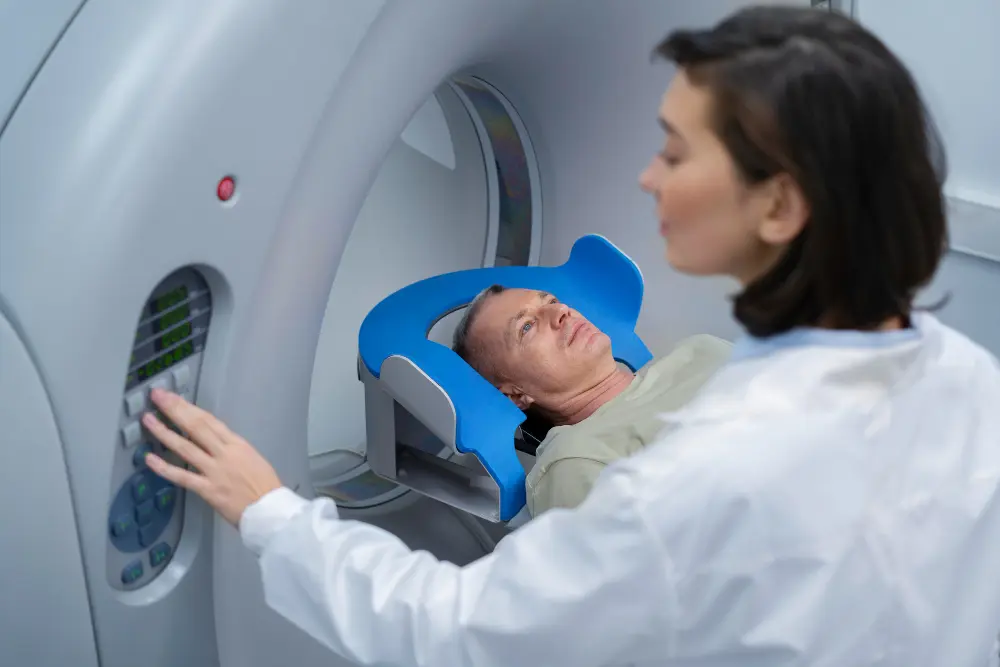
During the Procedure
- The patient lies on a motorized table that slides into the CT scanner.
- The machine rotates around the body, capturing images as it moves.
- The patient must remain still to avoid blurred images.
- In some cases, a contrast dye is injected intravenously to enhance image clarity.
- The procedure is completely painless and typically takes less than 20 minutes.
Technicians at VS Hospitals monitor the entire process to ensure safety and image quality.
After the Procedure
- Most patients can resume normal activities immediately after the scan.
- If contrast dye was used, drinking extra water helps flush it out of the body.
- A radiologist will analyze the images and share the report with your doctor, who will discuss the results and next steps.
At VS Hospitals, results are delivered quickly through a digital reporting system, ensuring timely treatment decisions.
